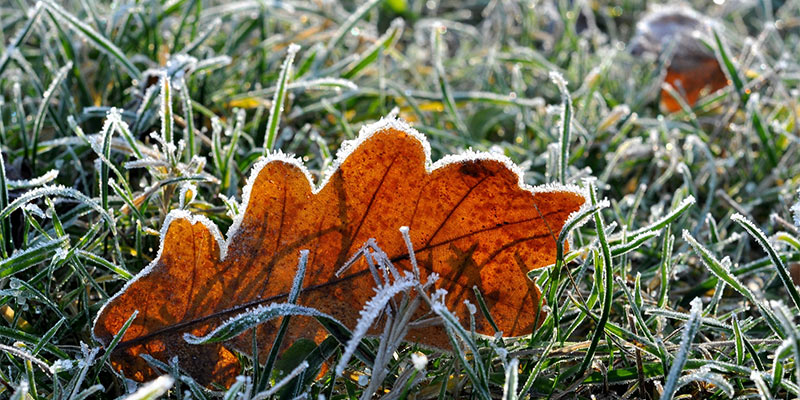
When it comes to getting your garden ready for the cold weather, there can be several factors to consider. As such, contending with the potential threats that can find their way into the garden during winter can cause us some concern, especially if we’ve invested a lot of time during the spring and summer. Fortunately, there are still some steps you can take to ensure that your garden is safeguarded against the colder climate. These tips from Yard Care Gurus are a great start.
Avoid Digging Soil
There was once a time when those with green fingers were led to believe that digging soil in the winter period was beneficial. It was speculated that more rain aeration and frost helped the soil to become more manageable in the spring. However, it seems that the opposite was true, leading to a spate of disappointed gardeners.
Soil will become more delicate during winter, especially if frost is forming. The sleeping process that forms on the top of the soil helps keep nutrients within the soil, and acts as a barrier against the cold so the rest of the soil isn’t affected. Disturbing this process and digging the soil can mean we’re doing more damage than good.
Wildlife Can be Aides During the Winter
Some may be disgruntled at the abundance of wildlife that shows up during the winter, whereas others do their best to encourage their presence. This is because wildlife can be a great deterrent when it comes to pests in the garden that could cause you problems. Many try to attract wildlife such as goldfinches and tits by ensuring that bird feeders are placed, and leave as many plants standing as they can.
Consider the Purchase of Horticultural Fleece
While some plants can easily contend with the colder climate, there can be others that don’t fare as well. In the past, the answer would be to move the plants to a warmer location, such as that of a spare room indoors. However, the introduction of horticultural fleece can mean that you’re able to protect your more fragile plants without having to relocate them.
Try and Reduce the Shade
The winter period means shorter days, meaning that the exposure to light that your garden receives will be much lower. This means that shaded areas of the garden are receiving less light than the rest, which can be detrimental to certain areas of the garden. While there could be some areas beyond our control, trimming any overhanging trees or bushes can make all the difference when it comes to ensuring your garden is getting the light it needs.
Clear Dead Plants and Weeds
The clearing of debris such as dead plants and weeds can seem like a task that can wait until the spring, but the truth is that the presence of weed can be an open invite to pests like slugs and snails, who may carry on with your seedlings once it’s finished with the weeds.
Much of the material can be turned into compost that can be used during the spring. Any waste that can’t be used towards the making of compost can be burned. The ash can then be used to get rid of any woody material and diseased plants.
These are just a few examples of steps that can be taken to keep your garden in good condition during the colder period, as well as giving you some leeway during the spring.
